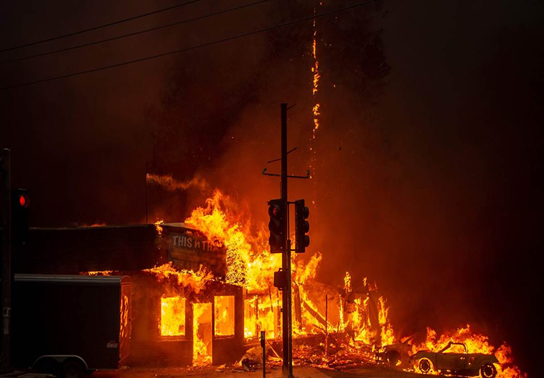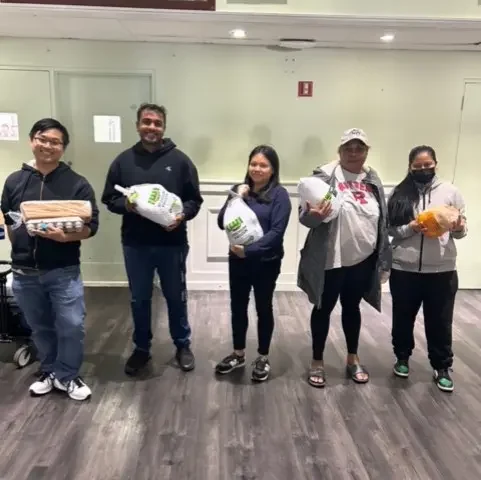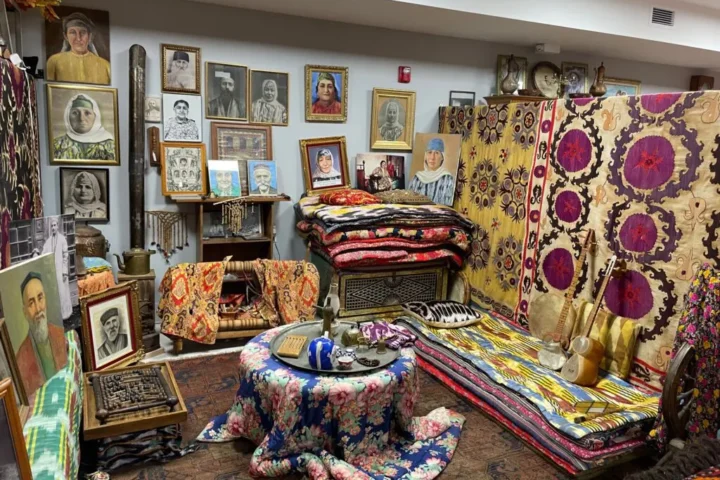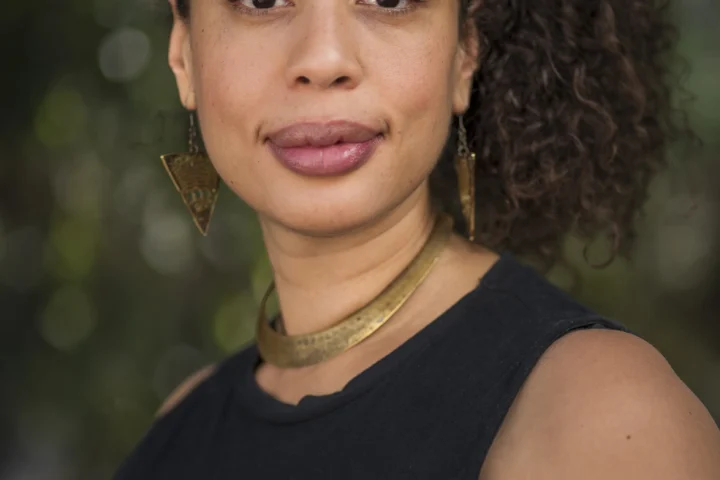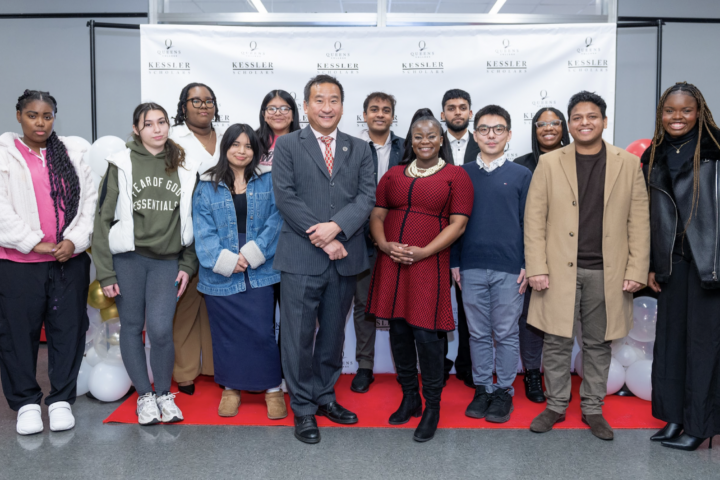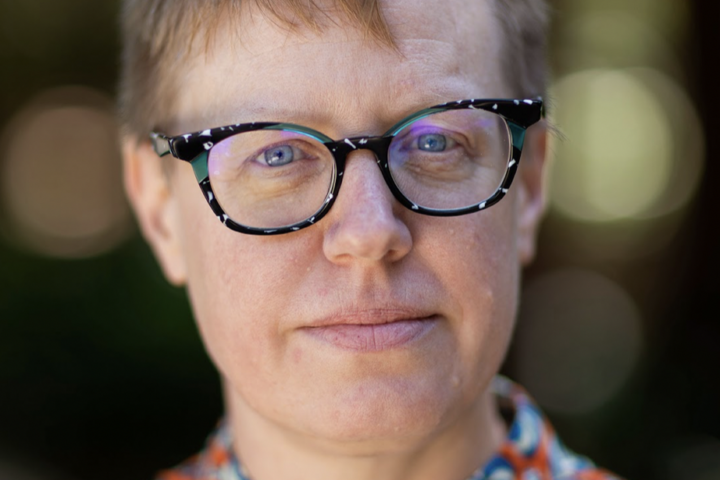A lawsuit was filed on May 9, 2017 by numerous voting rights groups against the California’s Department of Motor Vehicles (DMV) by the League of Women Voters of California (LWV), Alliance of Californians for Community Empowerment Institute (ACCE), California Common Cause (CCC) and the National Council of La Raza (NCLR). The lawsuit targeted the DMV’s failure to provide federally mandated voter registration opportunities to millions of California voters. The California DMV has been unlawfully requiring millions of Californians, who renew by mail every year, to complete a separate voter registration, causing people to bend over backwards to become a voter. Due to the low voter turnout last election, voting activist groups wanted to ensure every Californian got the chance to vote and have their voices be heard in this year’s election.
The lawsuit sought to force the California DMV to obey the National Voter Registration Act (NVRA) of 1993. NVRA was enacted to increase the number of overall voters by making it easier for people to register to vote and by mandating the incorporation of voter registration into DMV forms. Thus, citizens can register to vote or be able to update their voter registration when they apply for or renew a driver’s license, a state identification card or when they submit a change of address.
The plaintiffs first notified the DMV of demonstrating extensive violations of the NVRA in February 2015. In January 2016, in order to avoid a lawsuit, the California DMV integrated voter registration into its in-person and online transactions. They also stopped requiring people to fill out a separate card.
However, the DMV refused to incorporate voter registration into its mail-renewal process. According to the President of LWV, Helen Hutchison, “It is simply unacceptable for the DMV to deny seamless voter registration to millions of Californians who renew their licenses by mail,” she stated, adding, “While we appreciate the work the DMV did to create an integrated voter registration process for people who go to their offices or renew their licenses and IDs online, others should be given the same opportunity.”
Senior Vice President of the NCLR, Delia de la Vara, showed concerns about the impact this issue would have on Latino voters in California. “There are still more than 5.5 million eligible but unregistered California voters, and Latinos are disproportionately represented in that group,” she said. “That’s why NCLR is committed to seeing [the] DMV do everything required by law to ensure these antiquated barriers to registration are eliminated.” Their work is particularly important since Latinos are a young population, and a large portion will be the first in their families to vote.
Michael A. Krasner, Associate Professor of Political Science and Internship Director at Queens College gave his opinion on how these voting restrictions can heavily impact
certain communities. He stated, “This is a position diametrically opposed to my own, which is that the real problem in our politics is that many Republican dominated state legislatures and administrators have undertaken to limit voting by poor people, minorities and young people”. Krasner continued by quoting the speaker of the New Hampshire state assembly, citing, “‘They vote wrong.’ From my point of view this lawsuit seems to be one more action taken with that purpose.”
Senior Counsel Stuart Naifeh at Demos, a liberal think tank based in the United States, also commented on the issue, stating, “The freedom to vote is the most critical component of our nation’s democracy and difficulty registering is one of the greatest barriers to exercising that freedom. The DMV’s failure to comply with Motor Voter has deprived millions of eligible California residents of one of the most accessible and popular ways of registering to vote. It’s time for the DMV’s foot-dragging to end.”







